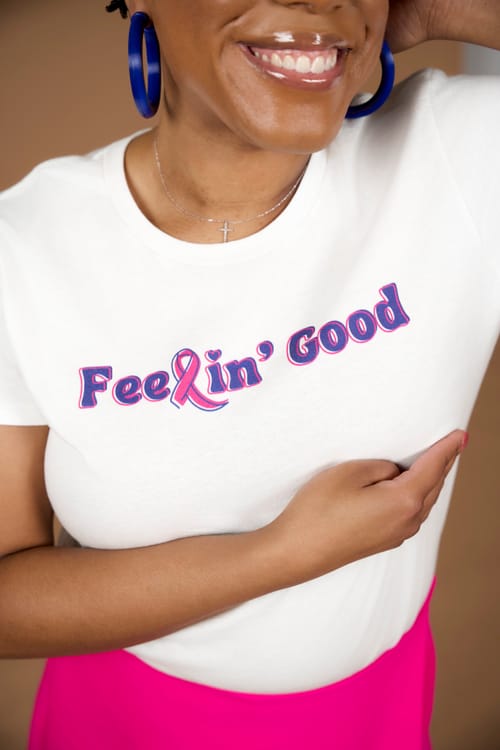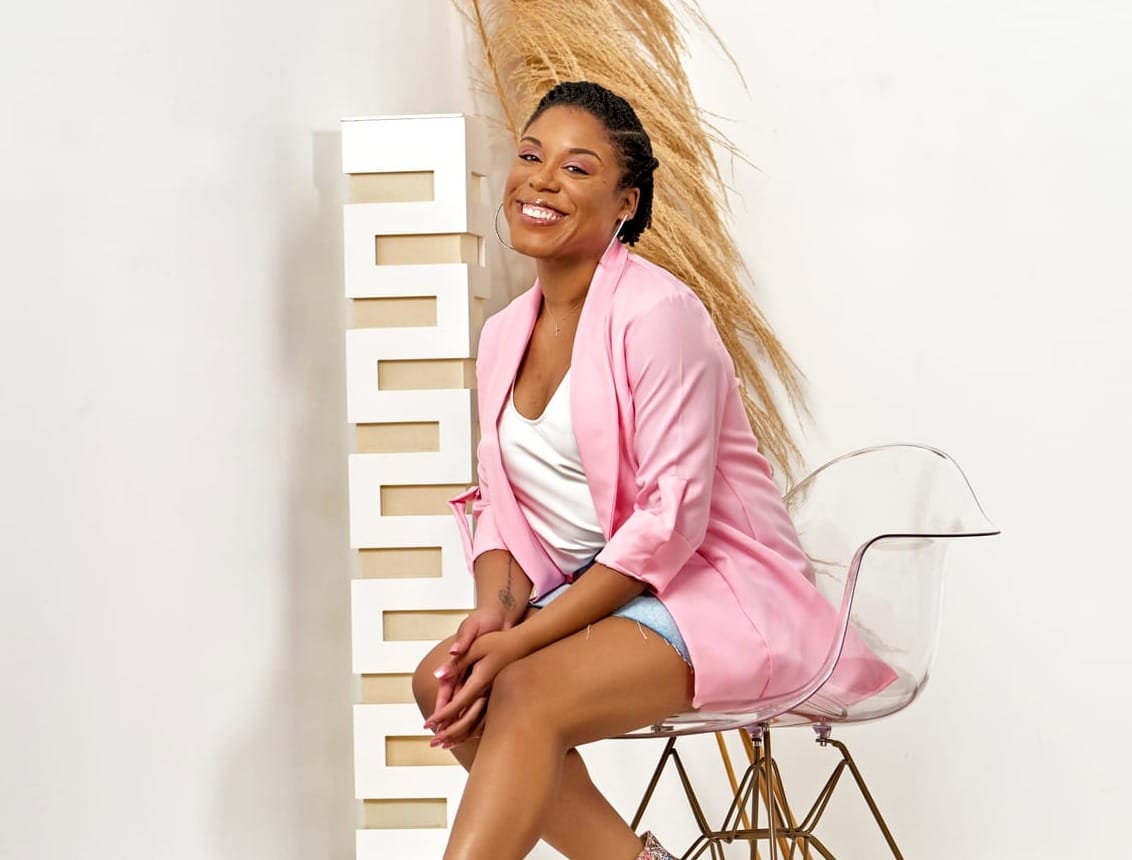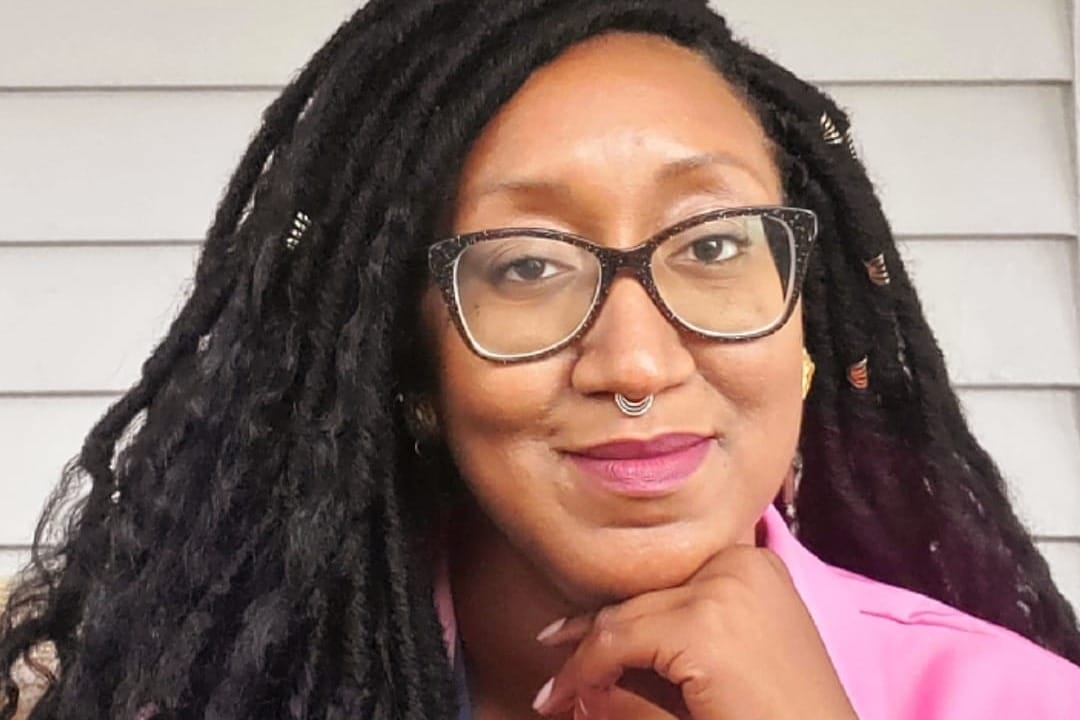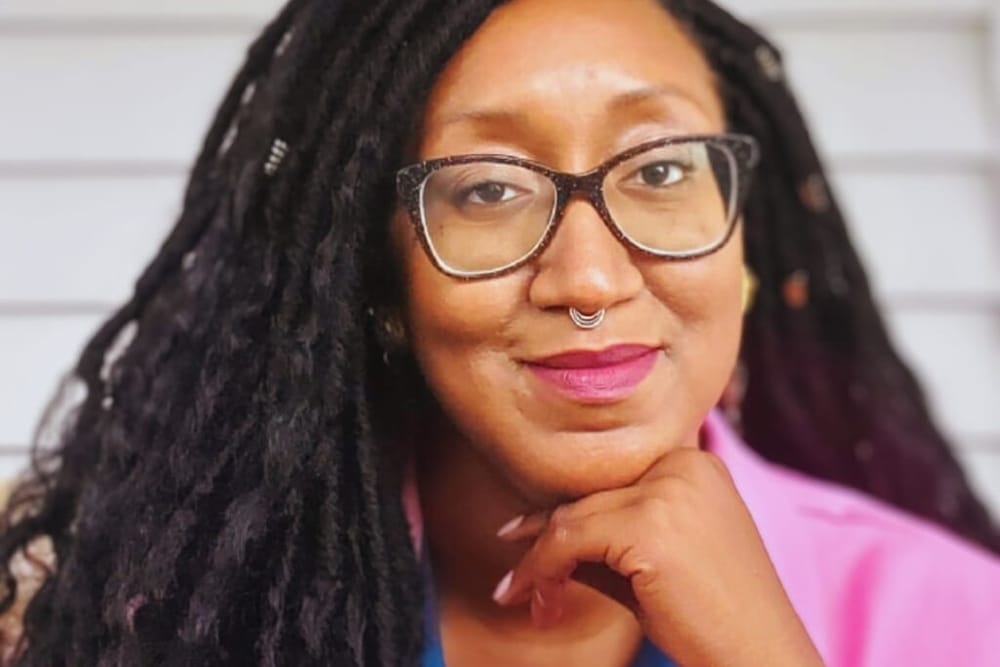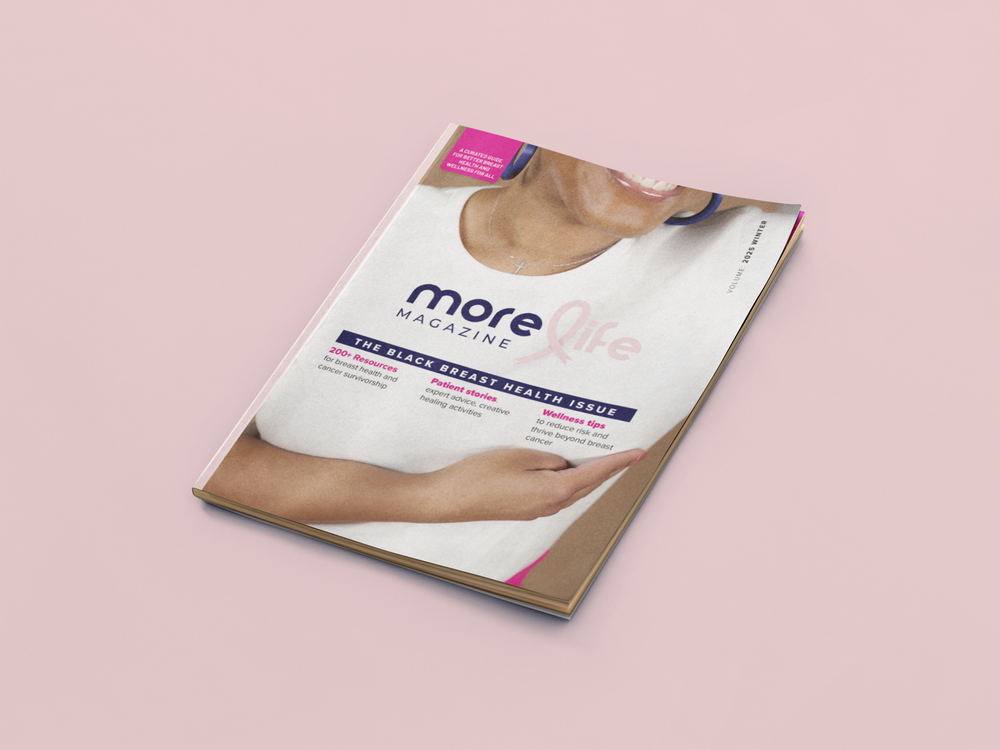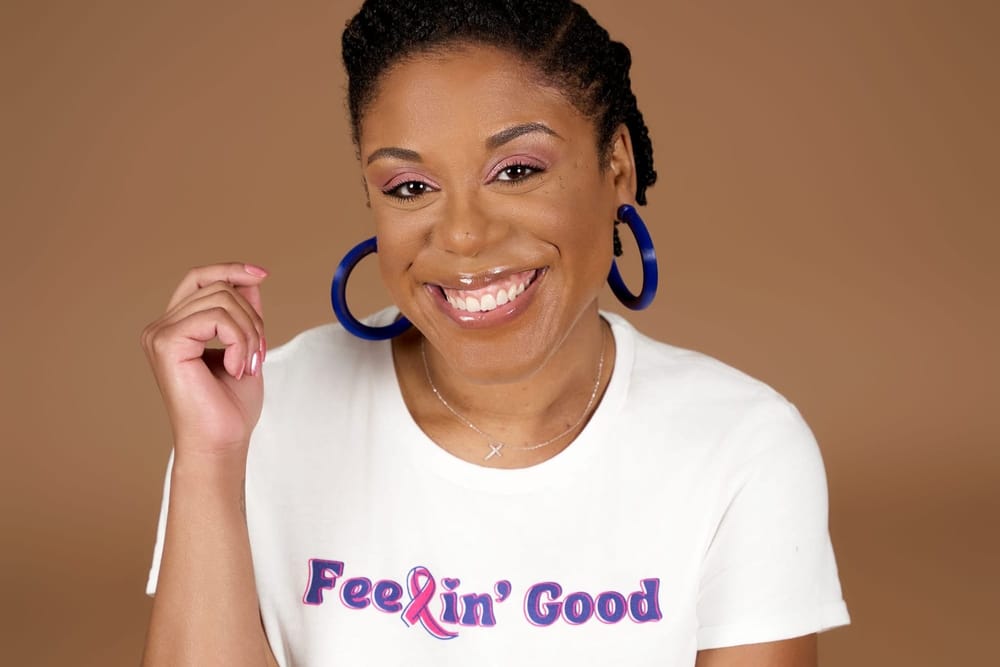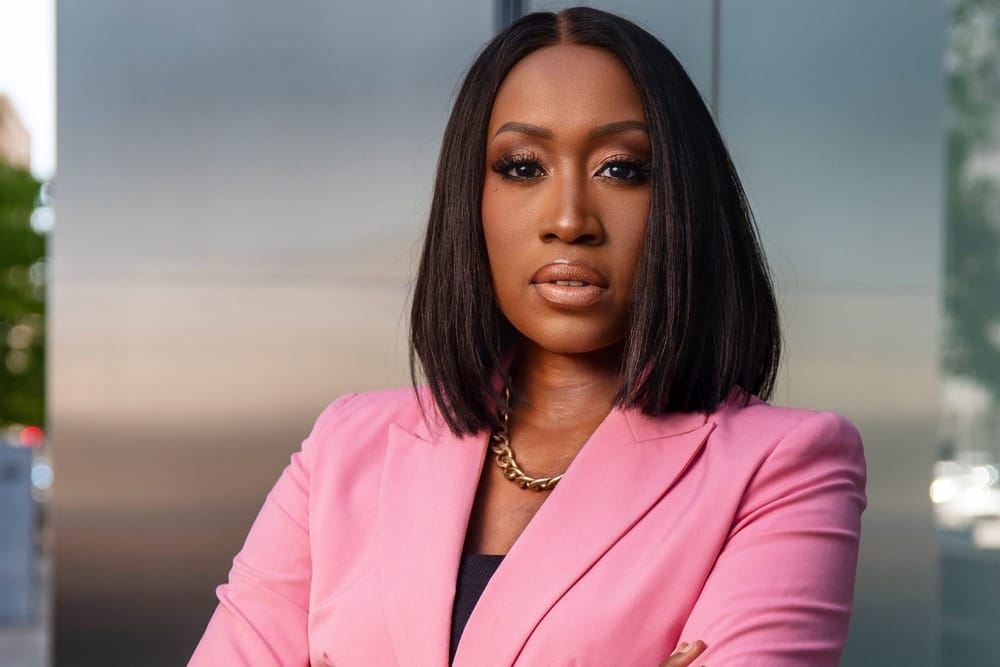By Deltra James
Long before Phyllis Wheatley, the first published African American female poet, dipped her quill in ink, black folks used creative expression to cope with hardships. In those moments in life where I’ve felt the most helpless and hopeless, I've always reached for a pen. I knew I didn't always hold the power to change my story, but I could tell it and that was important and healing.
This wasn’t a discovery I made so much as it is a long held, time tested tradition passed down from our ancestors. Whether stroking a brush against canvases or sewing them into patches, stories were told.
From Silent Suffering to Vocal Healing
Our stories create survival guides for others who find themselves walking a similar path. A cancer diagnosis evokes many emotions. Within our communities it’s been normalized to keep those emotions to ourselves, and it’s regarded as standing strong and not burdening our loved ones. Paul Laurence Dunbar referred to this as wearing a mask, in his poem “We Wear the Mask.”
"We wear the mask that grins and lies,
It hides our cheeks and shades our eyes,—
This debt we pay to human guile;
With torn and bleeding hearts we smile
And mouth with myriad subtleties,
Why should the world be over-wise,
In counting all our tears and sighs?
Nay, let them only see us, while
We wear the mask."
- Paul Laurence Dunbar, An excerpt from “We Wear The Mask”
We suffer in silence, but when we start to express our experiences and emotions, be it vocally or for creative interpretation, we begin to heal. And we draw community to ourselves when others have a “me-too” moment witnessing what we’ve lived.
"So boy, don’t you turn back.
Don’t you set down on the steps
’Cause you finds it’s kinder hard.
Don’t you fall now—
For I’se still goin’, honey,
I’se still climbin’,
And life for me ain’t been no crystal stair. "
- Langston Hughes, An excerpt from “Mother to Son”
Removing the mask we hide behind is the first step to putting ourselves and our stories out there. As the mother in Langston Hughes’ poem admits, life was a challenge. Yet, she kept going and she wasn’t ashamed of what she’d been through.
What is it you want to say about your trials and triumphs? What parts do you need to release to be fully seen?
If you find being creative challenging because you don’t feel creative or artistically blessed, remember that it’s more important that what you do feels good to you. Don’t focus on whether or not you think it's aesthetically pleasing or the words flow well. Maybe it's just for you, for now.
A distraction, a release of bottled up experiences and the emotions associated with them. Maybe you’ll share when you're ready and others will feel less alone in their own experiences.
If writing poetry doesn’t come naturally to you, start reading more poetry. Seek out works that you can relate to. Immerse yourself in the words other’s have found to express a shared trial or that which you struggle to emote. You may find yourself inspired.
Many cancer centers offer art therapy and journaling workshops for patients and caregivers. There are also virtual options for added accessibility. These offerings can be a great place to begin practicing coping through creativity.
Finding What Helps You Heal
Picking up a pen is my healing weapon of choice.
Maybe you need to do more with your hands. Painting, photography, beading, pottery and other forms of crafting can often help you get out of your head. These activities can easily be done in community and offer opportunities for connection as well.
However you choose to create, you’ll be freeing yourself and those who come after you.
"…but when we are silent
we are still afraid
So it is better to speak
remembering
we were never meant to survive. "
- Audre Lorde, An excerpt from “A Litany of Survival”
This is your reminder of the importance of your story, the importance of you taking up space and how you facing your hardships head on can help ease the burden of someone else walking through the same hardship. None of us experiences anything exactly the same way, just as we don’t cope the same way. This is why every story matters. Someone needs to hear of the silver linings you sought out in the darkest moments and someone else will benefit from hearing about days when the darkness took over…and how you carried onward when you were ready.
Creating has been a constant companion through my cancer journey. A notebook in my purse has helped settle my nerves as I sat in waiting rooms before a scan. Stringing beads of colors that represent different parts of who I am has taken my mind off of the “what ifs.” Speaking my story in poetic stanzas has allowed me to feel seen while saying to others that I see them too.
You should write the poem. The one settled at the bottom of your heart, underneath the debris of the wars you survived to be standing here. Someone needs that poem. To serve as a shield. To strategically battle their way through lands you've already walked.
CREATIVE HEALING ACTIVITY
Poem Prompt: Finding Your Voice Amidst the Storm
In the quiet after the storm, where do you find your strength? What words rise from the depths of your soul when you think of your journey? Let your voice be the beacon that guides you through. Write a poem that expresses your truth, your resilience, and your story of hope and healing.
Example 1: Free Verse
- Write without a specific rhyme or rhythm. Let your words flow naturally, like a conversation with yourself. Focus on the emotions and thoughts that surface when you reflect on your experience.
Example 2: Haiku
- A three-line poem with a 5-7-5 syllable structure. Use this concise form to capture a powerful moment or feeling from your journey.
Prompt for both structures:
- Free Verse: "In the silence, I find my voice..."
- Haiku: "Rising from the pain, / A voice clear as morning light, / I speak, I am here."
This is a space for you to reclaim your voice, to let it soar and be heard, as you write your story, your way. Share your poem on social media by tagging @thebeatnikboob and @themorelifemag.
Reference: Dunbar, Paul Laurence. "We Wear the Mask." The Complete Poems of Paul Laurence Dunbar, Dodd, Mead and Company, New York.
Hughes, Langston. "Mother to Son." The Collected Works of Langston Hughes, edited by Arnold Rampersad, University of Missouri Press, 2002. Copyright © 2002 by Langston Hughes.
Lorde, Audre. "A Litany for Survival." The Collected Poems of Audre Lorde, W. W. Norton & Company, 1997. Copyright © 1978 by Audre Lorde and © 1997 by the Audre Lorde Estate.
